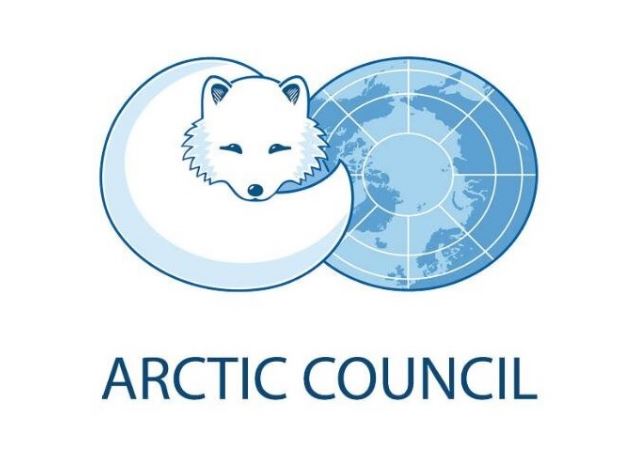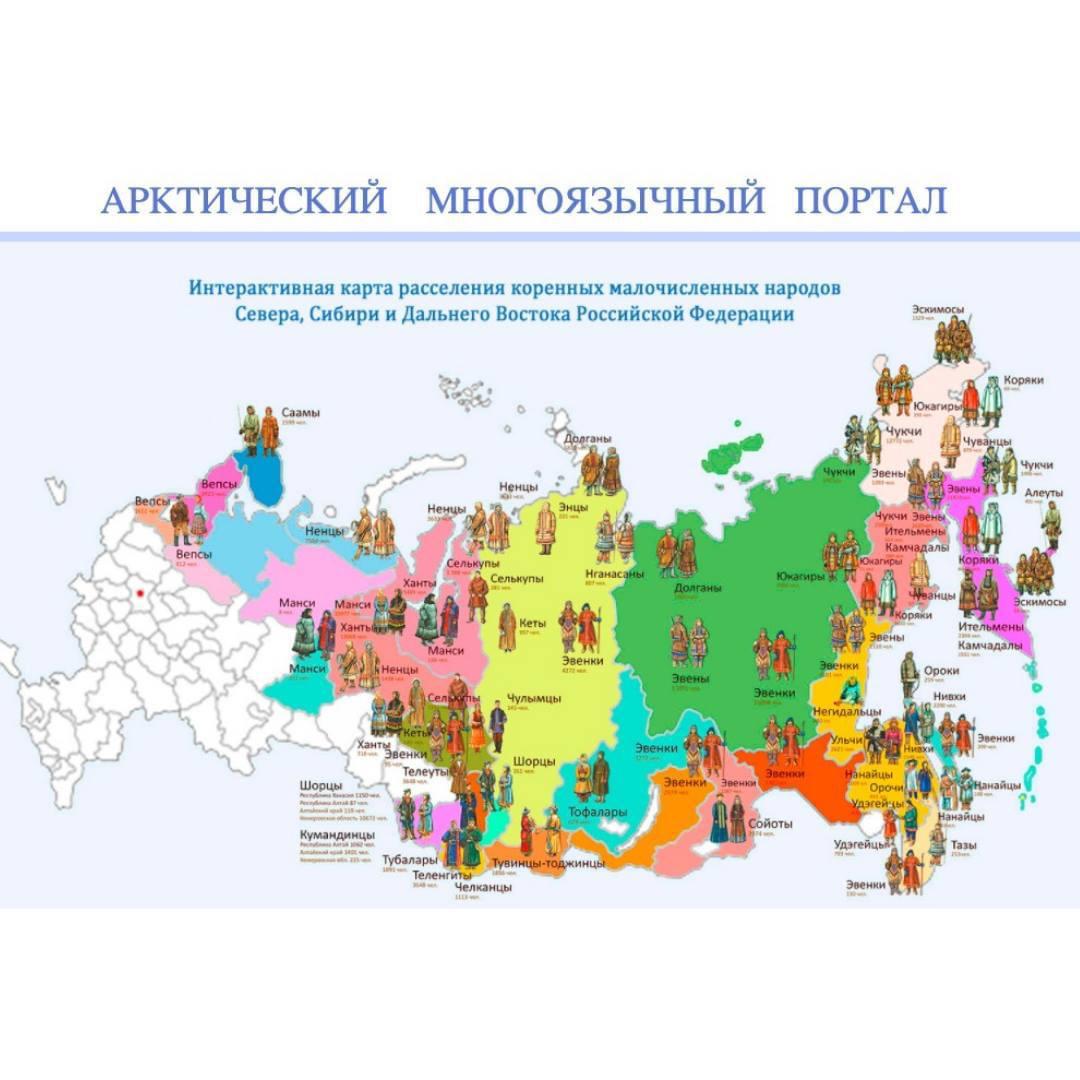
In May 2021, the Arctic Council chairmanship for the next biennium will pass from Iceland to Russia. The Arctic Council was established in 1996 in accordance with the Ottawa Declaration and is a high-level intergovernmental forum that ensures international cooperation in the region in the field of environmental protection and sustainable development. The council includes Denmark, Iceland, Canada, Norway, Russia, USA, Finland and Sweden.
On October 27, 2020, Head of the International UNESCO Chair "Social and Human Adaptation of the Arctic Regions to Climate Change and Globalization" of the M.K. Ammosov North-Eastern Federal University, Ph.D. Anatoly Zhozhikov took part in the meeting of the Arctic Council Sustainable Development Working Group (SDWG), which took place in Iceland, and presented a project under his leadership "Digitalization of the linguistic and cultural heritage of the indigenous peoples of the Arctic."
The goal of the project is to capture, preserve and develop the linguistic and cultural diversity of the indigenous peoples of the Arctic on digital media and present it in the global information space. A single multicultural environment of peoples living in the Arctic will be created on the Internet, which will allow preserving, developing and popularizing languages and cultures, expanding the environment for communication in native languages, and ensuring the digital identity of each indigenous people.
The project “Digitalization of the linguistic and cultural heritage of the indigenous peoples of the Arctic” began implementation in 2011 under the Development Program of the North-Eastern Federal University together with leading scientists from the Institute for Humanitarian Research and Problems of the Peoples of the North of the Siberian Branch of the Russian Academy of Sciences of the Russian Federation.
The project is successfully developing and was presented at many international, federal and interregional platforms dedicated to the preservation and development of the languages of the indigenous peoples of the North and the Arctic, has received wide support from research institutes, Russian Association of Indigenous Peoples of the North.
The Arctic multilingual portal www.arctic-megapedia.ru, developed within the framework of the project, is a finalist for the Sterkh Far East Internet Prize in the section “The best non-commercial or thematic project of the Far East”. To date, the portal provides general information on 36 indigenous peoples of the North, Siberia and the Far East of the Russian Federation. The copyright information is presented only for 9 nations so far. For the rest of the peoples it is necessary to carry out work, it is necessary to travel to places of compact residence of indigenous peoples. The content and development of the project will be carried out by the UNESCO Chair of NEFU with the support of the Ministry for the Development of the Arctic and Indigenous Peoples' Affairs of the Sakha Republic (Yakutia).
The project is in line with the main thematic areas of the Arctic Council Sustainable Development Working Group, as reflected in its Strategic Framework Document, and will contribute to the achievement of its main goals and the results of the Russian chairmanship of the Arctic Council (2021-2023).
Now it is necessary to form an international team of participants from the Arctic states, to study the experience of preserving the linguistic and cultural heritage of the indigenous peoples of the Arctic, available in the countries of the Arctic Council.



